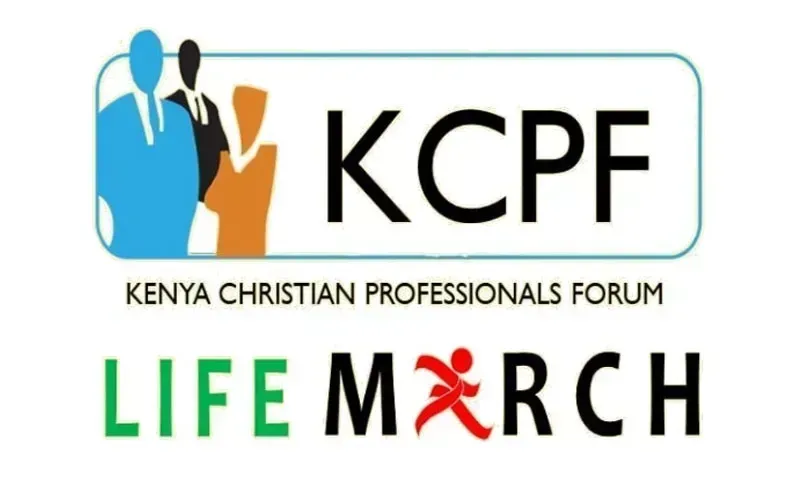Nairobi, 14 June, 2024 / 2:09 pm (ACI Africa).
The proposed Finance Bill 2024 in Kenya that seeks to increase taxation and introduce other taxes is “punitive” and will discourage economic activities in the East African nation, Christian Professionals in the country have said.
On May 13, the chairperson of Finance and National Planning Committee of Kenya’s National Assembly tabled the proposed Finance Bill 2024. Kenyans have been invited to provide feedback on the proposed Bill ahead of its presentation to members of the National Assembly.
In a memorandum to the country’s National Assembly shared with ACI Africa on Thursday, June 13, members of the Kenya Christians Professional Forum (KCPF) urge President William Ruto-led government to lower taxes.
“Lower taxes to encourage economic activities and investment,” KCPF members say, and warn, “If Kenyans are not going to be left with disposable incomes to provide for their needs, the economy will continue to shrink and the government will have less to collect.”
Kenya needs to strive for economic stability, they say, and add, “We need to slash the budget significantly by Kshs. One trillion if we will survive and do economic recovery as a country.”








